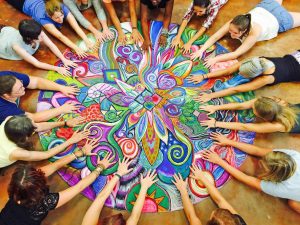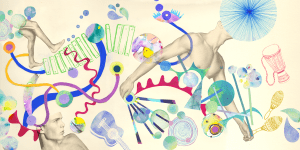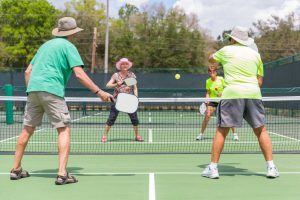Support your addiction recovery with a hobby

If you are an addict on the long road to recovery from drugs or alcohol, you may occasionally encounter difficult patches where you are tempted to use. Traditional therapy, with its regimented structure and scheduled times, can only go so far each week. However, by incorporating alternative therapies based around art and music, you can help keep yourself sober and strong even on days you do not have a therapy session. Here are some ways that hobbies can help you stay free from your addiction, as well as a few strategies you can use to incorporate them into your current therapeutic schedule.
Occupy your mind with a hobby
The first benefit of a hobby is that they can help to keep your mind and body occupied. Even if your cravings have subsided, the rhythms and patterns of your daily life prior to achieving sobriety are incredibly powerful. Similarly to how spending time in the same place where you used to do drugs can trigger your mind to start craving them again, if you had a regular pattern and would do drugs or drink around a certain time each day, you can still be triggered by that time if you are not otherwise occupied. Hobbies can provide a healthy way for you to spend your time, particularly in potentially problematic parts of the day, while filling the void of your previous addiction.
The mental benefits of hobbies
There are also a number of different benefits you can experience from taking the time to start engaging in a hobby. Both art and music offer similar mental boosts, due to how they allow people to access the more creative processes of their mind in a free and engaging way. People who create art or music regularly often experience greater self-esteem due to the confidence that comes from creation, as well as higher levels of endorphins and other chemicals that produce a positive feeling in the body.

Finally, art and music can help decrease the amount of cortisol and other stress hormones in your body. Since stress is a major reason many addicts stumble on the road to recovery, these benefits can prove additionally powerful. There are many types of hobbies in addition to art and music that offer positive effects to those who are passionate about their pursuit. Cooking and gardening, for instance, can also be excellent, low-cost hobbies that can improve your physical health while beautifying your home.
The power of social belonging
Hobbies can be particularly useful for recovering addicts if they are practiced alongside other people. The group aspect of music and art boosts all the previously discussed positive effects, as well as adding several new effects. Many kinds of music are made to be played with other people, whether as an audience or as part of a musical group. When you are engaged in a musical dialogue, improvising and playing live with other people, a unique bond is formed. This is why people who play music or create art together experience a sense of belonging, which can be great for recovering addicts.
Learning a hobby together with other people with similar interests helps serve as a reminder that

nobody is truly alone. This sense of belonging, when accompanied by the lack of dangerous free time and the mental boost that comes from creativity, can decrease the likelihood of a relapse.
The most important thing to remember as you continue your recovery process is that you are not alone. You are valued. Not only can hobbies help you feel better physically, socially and mentally, they can help you feel more comfortable being yourself. Take the time to investigate a new type of creative hobby today.
Guest Contributor
Michelle Peterson
Founder of Recoverypride.org
michelle@recoverypride.org
Photo Credit: pexels.com
